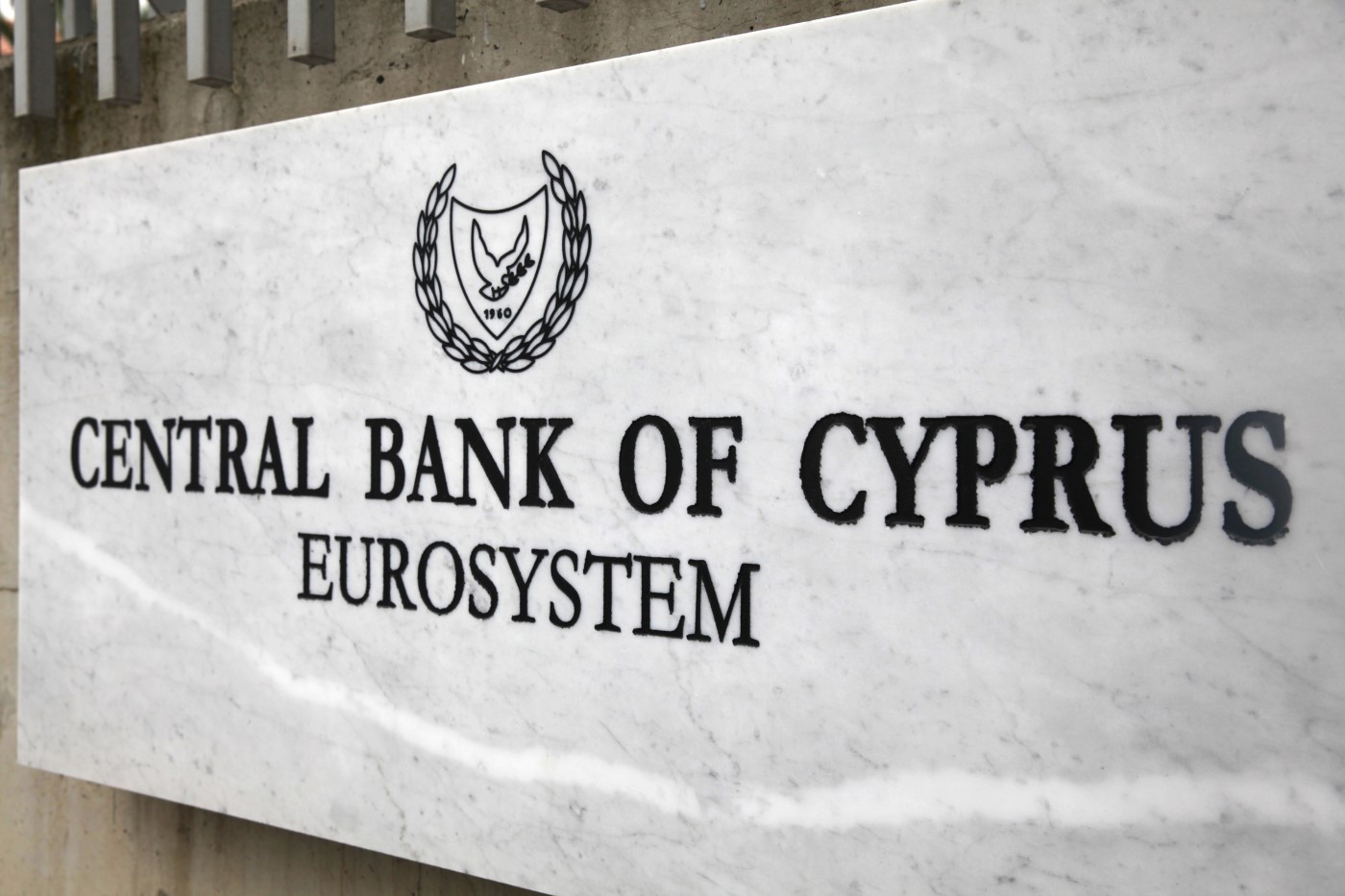Introduction
In Nicosia, regulators last month imposed a modest fine on a minor bank for technical violations of anti-money laundering rules. In Moscow, the former owner of that Nicosia bank sits in prison for his alleged role in one of the largest money laundering schemes of all time. Cyprus’s handling of the former, and its silence about the latter, are indications that there may be political pressure to protect the reputation of the country’s financial sector, even at the expense of the very transparency that is necessary to ensure its long-term success.
A Small Matter
The Central Bank of Cyprus’s press release was short and dry. A small Cypriot institution called Cyprus Development Bank1 had violated certain unnamed provisions of anti-money laundering regulatory requirements between 2014 and 2016, the Central Bank found. For these infractions, a modest fine of €715,000 would be imposed, reducible to about €600,000 if paid promptly. The statement was issued on May 22, and since then it has garnered scant media attention.
Around the same time, Cyprus Development Bank shareholders resolved a long-running dispute. Recent investors from Russia, who helped recapitalize the bank in 2014, had been resisting the attempts of the other, Greek Cypriot owners to decrease the new investors’ controlling stake from just over 50 percent to under 13 percent. The older owners prevailed, taking back majority control of the bank. While the new investors were no doubt disappointed with their loss, legal wrangling in Cyprus likely took a back seat to developments in Russia, where they were caught up in a massive money laundering scandal. In fact, one of the investors was sentenced last year to nine years in prison, and he and his partner had seen the licenses of their numerous Russian banks and broker-dealers revoked by Russian regulators.
A Larger Matter
Unlike the obscure bank in Cyprus that they bought in 2014, their dealings in Russia made headlines across the world. The two men, Alexey Kulikov and Andrey Gorbatov, allegedly helped orchestrate one of the largest money laundering operations in history, the infamous “mirror trading” scheme that moved $10 billion from Russia to Europe through offsetting securities trades booked at Deutsche Bank’s Moscow and London offices and which resulted in hundreds of millions of dollars in fines.
When Kulikov and Gorbatov applied to purchase a majority stake in Cyprus Development Bank, the Central Bank was responsible for reviewing the “integrity” and “professional track record” of the potential buyers. Since they joined the Board of Directors, the buyers were also subject to a “fit and proper” check to determine their qualifications for those positions. They were approved.2
Kulikov in particular had a unique and well-established professional track record indeed, even before his and Gorbatov’s alleged role in the mirror trading scheme came to light. Kulikov had served as “adviser to the chairman” and part-owner of Kreditimpex Bank, a Moscow lender that was raided in March 2013 as part of a large-scale tax fraud investigation. A former FSB officer who worked in the security department at Kreditimpex accused the bank of facilitating sophisticated money laundering activities on behalf of organized crime. The Central Bank of Russia revoked Kreditimpex’s license in May 2014. Cyprus Development Bank announced Kulikov and Gorbatov’s investment the next month.
The Future of the “Cyprus Business Model”
Everyone makes mistakes. The best way for the Central Bank of Cyprus to ensure that they are not repeated is to mount an internal investigation, publish the results, accept responsibility, and implement appropriate changes to policies and procedures. At the very least, this episode illustrates weaknesses in the Central Bank’s review of regulated entities’ ownership and management. The imposition of a €600,000 fine against Cyprus Development Bank without an explanation of the bank’s violations — or more importantly, of how such notorious figures were allowed to take control of the institution in the first place — does not inspire confidence in the Central Bank’s independence. Rather, it comes across as an attempt to sweep unpleasant matters under the rug.
Will regulators be constrained if they discover malfeasance at the larger, more powerful banks, many of which are also tightly linked to Russia through ownership or clientele? There is immense political pressure in Cyprus to preserve the “Cyprus business model” of an economy heavily focused on the export of financial and professional services, primarily, but not exclusively, to the Russia/Commonwealth of Independent States region. That pressure comes from the very top of business and government. The lack of transparency in the case of Cyprus Development Bank will only feed the perception that the government prioritizes preservation of the current business model over combating illicit activity.
This impulse is understandable, as the Cyprus business model is in fact under strain. The Cypriot government can see that the patience of the United States and the European Union with illicit financial activity in Cyprus — and illicit Russian financial activity in particular — is wearing thin. The Treasury Department’s Assistant Secretary for Terrorist Financing, Marshall Billingslea, visited Cyprus on May 4. His meetings in Cyprus followed shortly on the heels of his trip to Latvia, which has begun to take strong steps to clean up its non-resident banking sector since the targeting of the third-largest Latvian bank by Treasury in February. Cyprus may logically fear that it will be next.3 In an encouraging sign, the Central Bank has announced that it will crack down on shell company accounts, and major banks report doing so of their own volition. But devotion to reputation above all else will only make the crucial and unavoidable realignment of the Cyprus business model far more painful and wrenching than it need be. The prerequisite for a sustainable, albeit smaller, financial and professional services sector in Cyprus is transparency and accountability at the top.
The views expressed in GMF publications and commentary are the views of the author alone.
- As the name implies, Cyprus Development Bank was established in 1963 to promote the development of industry and tourism. The government owned a majority of the bank’s shares upon its creation, and it received several World Bank loans. The government privatized the bank in in 2008.
- With the advent of the European Central Bank’s Single Supervisory Mechanism in November 2014, the ECB took ultimate responsibility for approving the purchase of a “qualifying holding” in a eurozone bank. The Cyprus Development Bank investment occurred prior to the operation of the Single Supervisory Mechanism. Under present arrangements, the Central Bank of Cyprus would be involved in the review of the purchase of a bank but would be required to submit its report to the ECB for the final decision. The CBC would maintain responsibility for approving board members and senior managers at Cyprus Development Bank, because CDB is classified as a “less significant institution.”
- A Tanzania-headquartered bank operating primarily out of Cyprus, FBME, was targeted by the Treasury Department under Section 311 of the USA PATRIOT Act in July 2014. Press reporting has claimed that Russian actors including organized criminal groups and politically connected individuals used FBME to move money, and that FBME facilitated funds transfers from Russia in support of Syria’s chemical weapons program.





